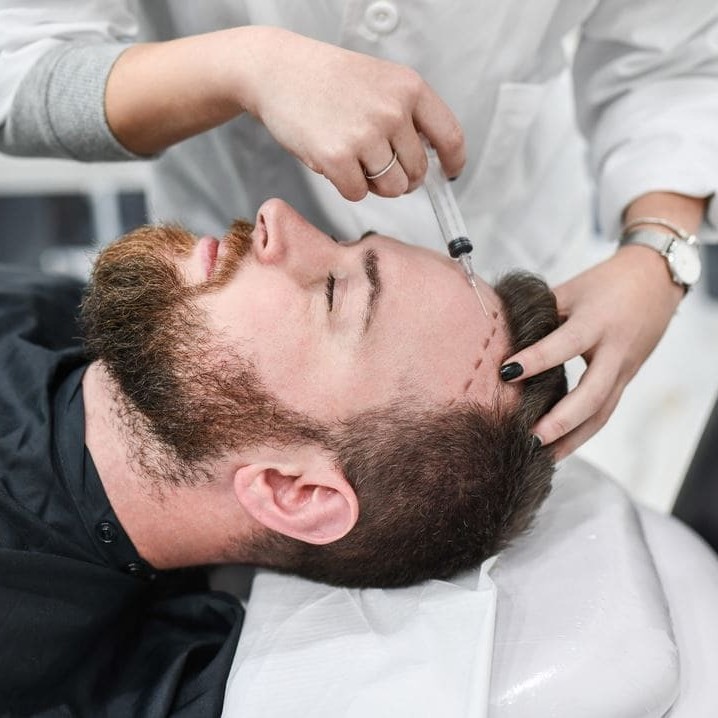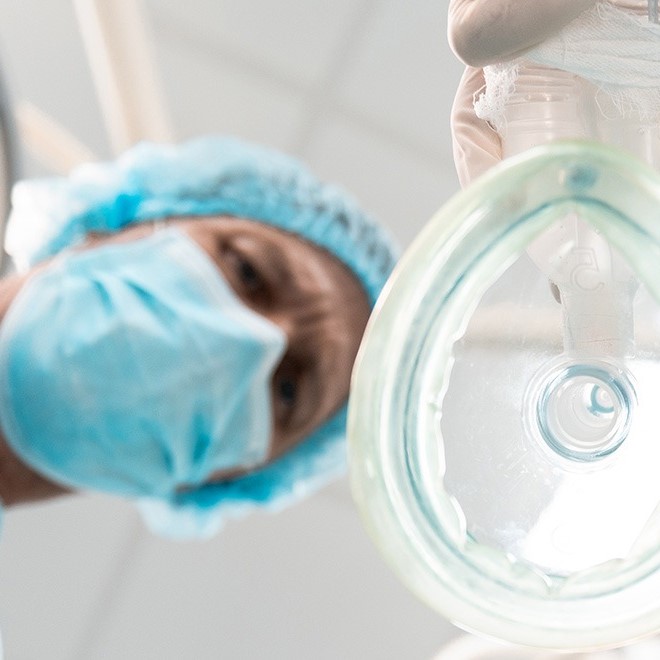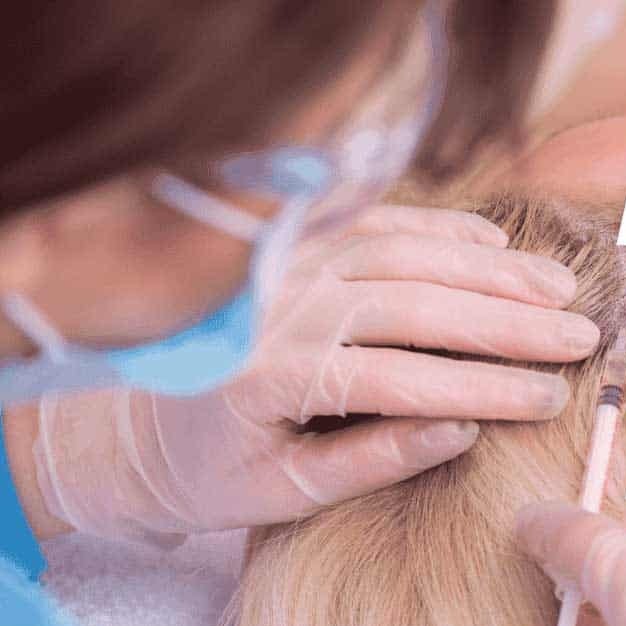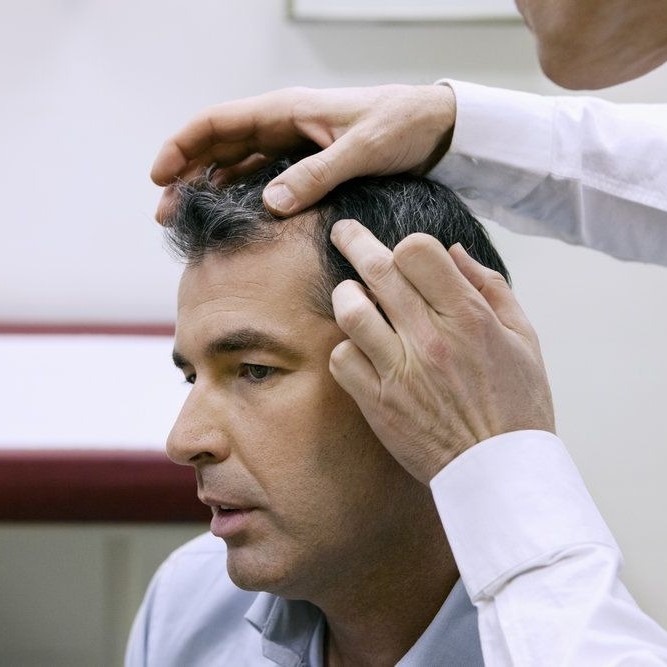
Can Anesthesia Cause Hair Loss? Exploring the Surprising Link
Introduction
It’s natural for individuals undergoing surgery to have concerns about the implications of anesthesia. One question that often arises is, “Can anesthesia cause hair loss?” This topic is particularly pertinent to those preparing for elective procedures or surgeries, as some patients have reported hair thinning or shedding following their experiences with anesthesia. In this article, we will explore the potential connection between anesthesia and hair loss, dissecting the various factors that could contribute to this issue. By understanding the underlying mechanisms, patients can make informed decisions and alleviate unnecessary worries surrounding their surgical experience.
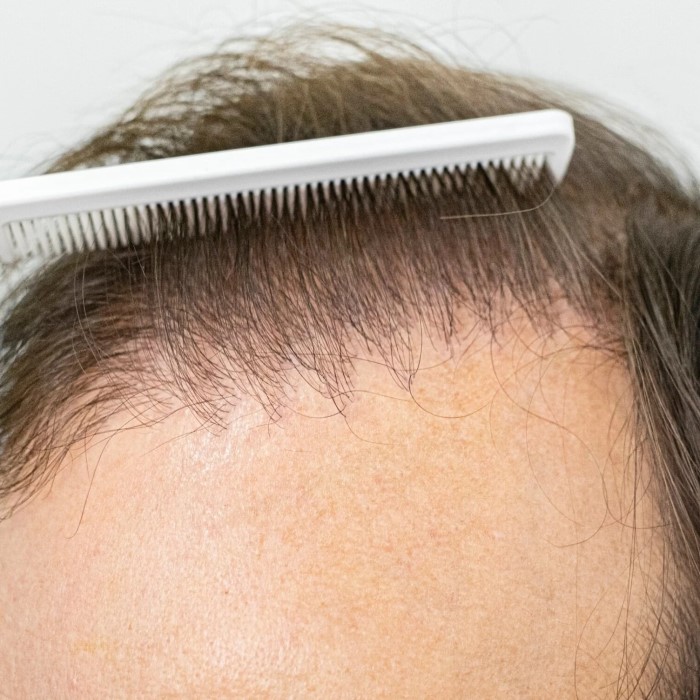
How Anesthesia Works: A Primer
Before diving into the possible links between anesthesia and hair loss, it’s essential to understand how anesthesia functions. Anesthesia is a medical intervention designed to induce a state of controlled unconsciousness or sedation during surgical procedures. This ensures that patients do not experience pain or discomfort while undergoing surgery.
Types of Anesthesia
There are several types of anesthesia, including:
General Anesthesia:
-
- General anesthesia involves the use of anesthetic agents that act on the entire body.
- It leads to a state of total unconsciousness, meaning the patient is not aware of their surroundings during the procedure.
- This type of anesthesia is typically administered via inhalation or intravenous injection, allowing for quick onset and freedom from pain and awareness.
- It is commonly used for major surgeries that require comprehensive sedation and muscle relaxation.
- Patients are monitored closely throughout the procedure to ensure their safety and manage any potential complications.
Regional Anesthesia:
-
- Regional anesthesia is designed to target specific areas of the body rather than affecting the entire body.
- This method blocks sensation in a particular region, usually by injecting anesthetic into or near a group of nerves.
- It is often used for procedures involving the lower body, such as childbirth (epidural anesthesia) or surgeries on the legs.
- Patients may remain awake but will not feel pain in the targeted area, allowing for a more comfortable experience during the procedure.
- Anesthesia can also include additional sedation for patient comfort, depending on the extent of the procedure.
Local Anesthesia:
-
- Local anesthesia involves numbing a very small and specific area of the body.
- This form of anesthesia allows patients to remain fully awake and aware during minor procedures.
- It is typically administered via injection, ointment, or spray, directly to the area needing treatment.
- Commonly used for dental work, minor skin surgeries, or other outpatient procedures, local anesthesia provides effective pain relief without affecting overall consciousness.
- Patients can often return to their normal activities shortly after the procedure, as the effects of local anesthesia wear off relatively quickly.
While anesthesia plays a crucial role in pain management during surgeries, its side effects can vary from person to person. Thus, researching any potential consequences, including concerns about hair loss, is vital for individuals preparing for surgical procedures.
Can Anesthesia Cause Hair Loss?
Can anesthesia cause hair loss? The connection between anesthesia and hair loss is not straightforward. While many patients worry about losing their hair after surgery, it is crucial to recognize that anesthesia is not often the direct cause of hair loss. Instead, several factors can contribute to this phenomenon.
1. Stress and Trauma
- Physical Stress: Undergoing surgery places a significant amount of physical stress on the body. Trauma from surgery can trigger a condition known as telogen effluvium, where hair follicles enter a resting phase, causing temporary hair shedding.
- Emotional Stress: Surgery can also induce significant emotional stress, which, like physical stress, can contribute to hair loss. Both stressors can disrupt the hair growth cycle, leading to noticeable shedding.
2. Surgical Recovery
- Medication: During the recovery period, patients often take various medications, including pain relievers and antibiotics. Some of these medications may have hair loss as a potential side effect.
- Nutritional Deficiencies: Post-surgery, some patients may struggle with adequate nutrition, which is crucial for hair health. Insufficient nutrient intake can further exacerbate hair loss.
3. Hormonal Changes
Hormonal Fluctuations:
-
- Surgery is often a significant physical and emotional stressor for many individuals.
- This stress can trigger hormonal changes in the body, leading to imbalances that may contribute to hair thinning.
- One key hormone affected by stress is cortisol, commonly referred to as the stress hormone.
- Elevated levels of cortisol can disrupt the normal hair growth cycle, resulting in increased hair shedding.
- This phenomenon is known as telogen effluvium, where a higher number of hair follicles enter the resting (telogen) phase prematurely, leading to noticeable hair loss.
- Additionally, other hormones related to stress and recovery, such as adrenaline and norepinephrine, may also influence hair health.
Thyroid Function:
-
- Thyroid function can be impacted by the physiological stress of surgery, particularly in individuals with pre-existing thyroid conditions.
- The thyroid gland plays a crucial role in regulating metabolism, energy levels, and various bodily functions, including hair growth.
- Post-surgery, some individuals may experience fluctuations in thyroid hormone levels, which can further complicate hair health.
- Thyroid disorders, such as hypothyroidism (underactive thyroid) and hyperthyroidism (overactive thyroid), can lead to significant hair loss and changes in the texture and quality of hair.
- This is because thyroid hormones are essential for the development and maintenance of hair follicles; any disruption can lead to thinning or loss of hair.
- Monitoring and managing thyroid function post-surgery is important for those affected, as appropriate treatment can help restore hair health over time.
Other Factors Contributing to Hair Loss After Surgery
While anesthesia may not be the primary cause of hair loss, it is essential to consider other factors that could contribute to this condition.
1. Pre-existing Conditions
Individuals with pre-existing hair loss conditions such as alopecia areata may experience increased shedding after surgery. The stress of the surgical procedure can exacerbate these conditions.
2. Genetic Predisposition
Genetics plays a significant role in hair health. Those with a family history of hair loss may be more prone to experience thinning or shedding following stress or trauma, such as surgery.
3. Age
As individuals age, hair growth naturally slows, and hair becomes thinner. Older adults undergoing surgery may be more likely to notice hair loss during recovery.
4. Hair Care Practices
Some patients may change their hair care routines following surgery due to physical limitations or discomfort. Altered practices can inadvertently contribute to hair breakage and shedding.
How Do I Stop My Hair from Falling Out After Surgery?
If you experience hair loss after surgery, there are several steps you can take to minimize further shedding and support healthy regrowth:
1. Consult Your Doctor
- Professional Guidance: Always consult your healthcare provider if you notice significant hair loss post-surgery. They can determine whether any medications are contributing to the problem and recommend appropriate alternatives.
2. Maintain a Balanced Diet
- Nutrient-Rich Foods: Prioritize a balanced diet full of vitamins and minerals essential for hair growth. Foods rich in protein, healthy fats, iron, zinc, and vitamins A, C, and D are particularly beneficial.
- Hydration: Staying hydrated is also vital. Adequate water intake supports overall health and can help combat hair loss.
3. Gentle Hair Care
- Avoid Heat and Chemicals: Limit the use of heat styling tools and chemical treatments on your hair during the recovery process to prevent additional damage.
- Choose Gentle Products: Use mild shampoos and conditioners that promote scalp health and minimize breakage.
4. Stress Management
- Stress Reduction Techniques: Engage in relaxation techniques such as yoga, meditation, or deep-breathing exercises to help manage stress levels during the recovery process. Lower stress can contribute to improved hair health.
Can General Anesthesia Affect Your Hair?
While general anesthesia itself is not commonly associated with hair loss, the factors surrounding surgical procedures can have implications for hair health. The stress of surgery, hormonal fluctuations, and medications used in the recovery phase all play a role in the overall experience.
1. Related Side Effects
- Observing Links: Some people have reported hair shedding during recovery after undergoing procedures requiring general anesthesia. However, it is important to consider the aforementioned contributing factors rather than blaming the anesthesia alone.
2. Importance of Follow-Up
- Monitoring Changes: If hair loss becomes a concern, following up with your healthcare provider or a dermatologist can help pinpoint the cause and explore potential treatment options.
Conclusion
The question, “Can anesthesia cause hair loss?” is complex and does not have a straightforward answer. While anesthesia is not typically a direct cause of hair loss, the interaction of surgery, stress, and recovery factors can contribute to noticeable shedding in some individuals. By understanding these underlying mechanisms, patients can better navigate their surgical experiences and take proactive measures to support their hair health.
In summary, if you are preparing for surgery, being informed about the potential side effects and factors related to hair loss can alleviate worries and help manage expectations. Post-surgery self-care practices, combined with consultation from healthcare professionals, can create a supportive environment for recovery and promote healthy hair regrowth. Remember, temporary hair loss is often just that—temporary—and with time and care, many individuals experience a return to their normal hair health.
